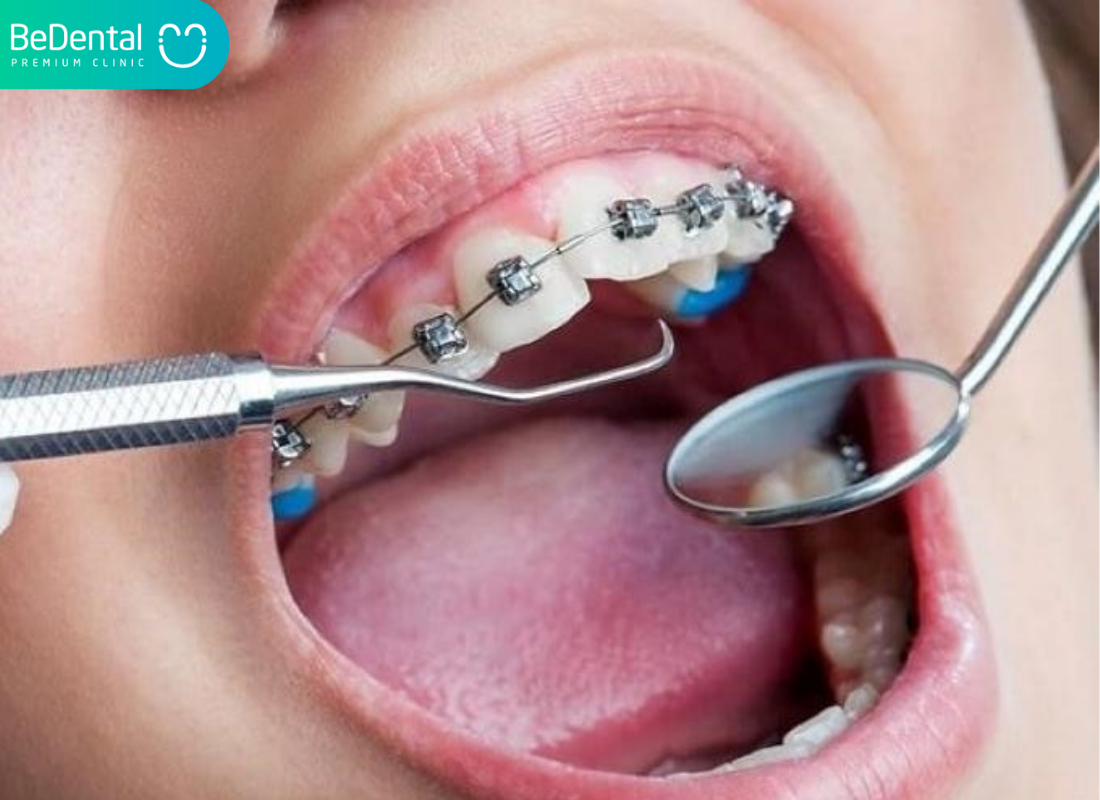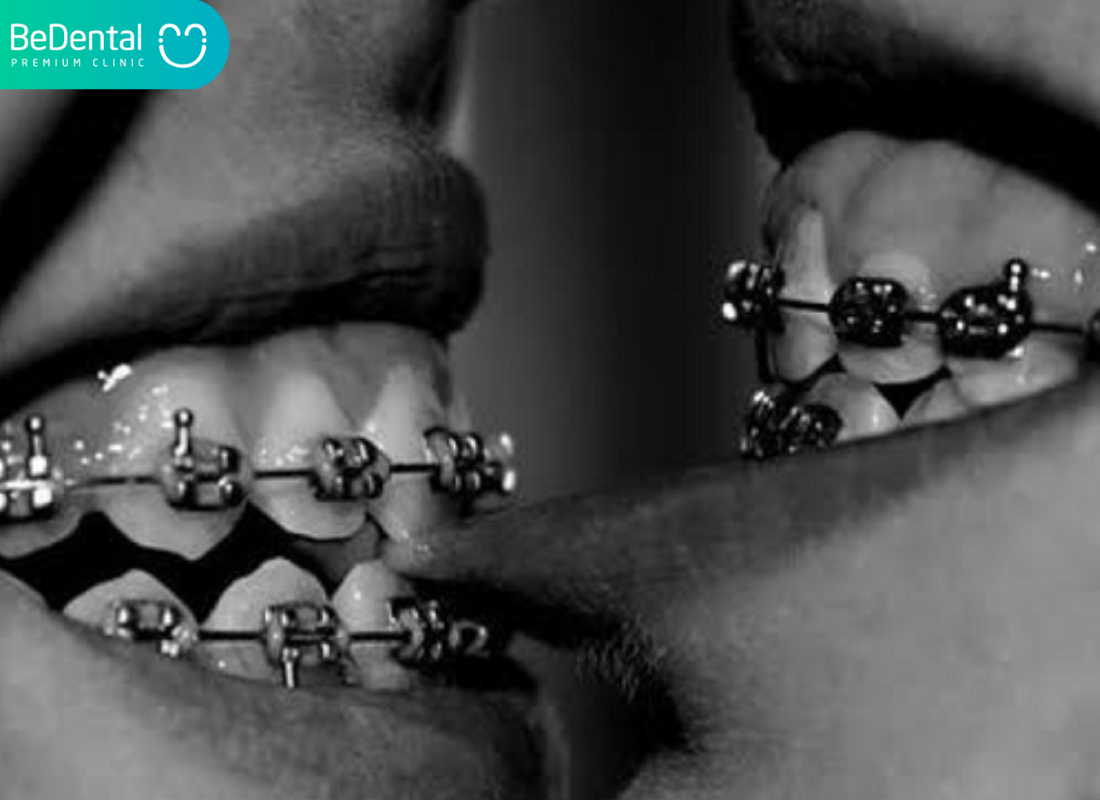One typical symptom that affects many people is jaw fatigue or earache. Due to the variety of causes for this illness, a general examination is required in order to determine the cause and subsequently the best course of action. Many people wonder if they have TMJ disorder when they experience symptoms like ear discomfort and weariness in their jaw. Read the article below to learn the solution.
What is temporomandibular disorder?
The abnormality of the temporomandibular joint results in temporomandibular joint dysfunction. The lower jaw may move forward, backward, and side to side because the temporomandibular joint acts as a sliding hinge connecting the jawbone to the skull. When the discs, ligaments, muscles, or bone components in the jaw are not functioning properly, a temporomandibular condition develops.

TMJ issues can be brought on by a variety of factors, such as jaw trauma, tooth loss that shifts the alignment of the teeth, and joint problems that affect the teeth. An issue with the temporomandibular joint brought on by stress, teeth grinding,…
Symptoms of temporomandibular disorders
Symptoms of temporomandibular problems can vary greatly. The following typical signs will manifest:
- Pain or tenderness in your jaw joint
- Pain in your neck or shoulders
- Tired feeling or pain in your face
- Swelling on the side of your face
- Pain in or around your ear
- Pain while chewing or an uncomfortable bite
- Toothaches
- Headaches
- Dizziness
- Hearing problems or ringing in the ears (tinnitus)
- Locked jaw, which makes it difficult to open or close your mouth
- Clicking or grating sensation when opening and closing your mouth
- When eating, you may notice your jaw protruding, stiffness, joints not closing properly, or sudden changes in mouth movements.
- When chewing food or yawning, a “clack” is clearly heard. For a brief moment, the jaw appears to be “stagnant.”
Jaw fatigue, ear pain: Risk factors and causes
Although though the signs of temporomandibular joint and nerve pain are frequently clear, pinpointing the cause of your discomfort can be challenging. The cause of your TMJ issue may be beyond the scope of your medical professional or dentist. On the other hand, a TMJ problem might manifest under the following conditions:
- Arthritis damage in joint cartilage
- Disc erosion in the jaw
- A jaw injury like whiplash or a heavy blow
- Grinding or clenching teeth (chronic)
- Stress or anxiety that causes you to tighten facial and jaw muscles
- Poor posture
- Orthodontic braces (metal braces, invisalign,..)
- Excessive use of chewing gum
- Connective tissue diseases that affect your temporomandibular joint
Treatment of temporomandibular disorders
Minor temporomandibular disorders may get well on their own without medical intervention.
The doctor may provide painkillers or suggest bite protection to stop teeth grinding at night if the jaw soreness and ear ache don’t go away.
In order to avoid temporomandibular joint diseases, one should be mindful of their routines:
- Clean teeth to prevent periodontal disease, tooth decay, gingivitis,…
- Quit the habit of clenching teeth or grinding teeth
- Reduce pressure on jaw muscles
- Avoid chewing food only on one side, instead should chew the jaw muscles on both sides.
- If you have a habit of grinding your teeth while sleeping, see your doctor for advice and treatment.
TMJ can be treated in a variety of ways. You may start at home with your first line of defense. You might need to see your doctor for additional therapy after you’ve tried every at-home option for your jaw.
At-home treatment
When you educate yourself about and engage in self-care for your temporomandibular jaw condition, you could experience relief and recovery. The following can be done at home:
- Graze on soft foods. Cut meals into little bits and consume soft foods. Should not consume foods that are hard and flexible like gum, as well as objects that are hard like pebbles or cartilage, because chewing these meals takes exerting a lot of power on the teeth and mouth muscles, which results in pressure that wears out the maxillofacial muscles.
- Use an over-the-counter pain reliever, such as naproxen or ibuprofen.
- Keep your shoulders back and your chin off your hand.
- Keep your jaw from moving excessively or needlessly. Avoid activities like singing or screaming that could cause your jaw to expand too widely, such as chewing gum, yawning, and yawning with your hand under your chin.
- Position your jaw so that your teeth are as close together as feasible. Put your tongue between your teeth if you experience issues with clenching or grinding your teeth.
- For about 10 minutes, apply wet heat or cold packs to your jaw and the side of your face. You may repeat this throughout the day.
- Get comfortable. You’ll need to have a few stress management strategies at your disposal to unwind and loosen your jaw. Ask your physician or dentist for information on the advantages of physical therapy.
- Gripe your jaw and neck muscles. If required, ask your doctor or physical therapist for recommendations on soft stretches you may perform at home.
Medical treatment

If your jaw continues to hurt and feel sore, or if you find it difficult to open and close your mouth, see a doctor. A physician could advise one of the following therapies:
- pharmaceuticals including painkillers, muscle relaxants, or anti-inflammatory medications.
- mouth guards or oral splints. These stiff or soft dental appliances often slide over your teeth to aid in stabilizing your jaw.
- physical treatment. A physical therapist might use massage and stretching treatments to help you strengthen and extend your jaw. Also, they can do ultrasounds and evaluate any habits that might be causing your TMJ pain.
- procedures available. Your physician can suggest surgery or other procedures if other therapies are unable to ease your discomfort. These might be modified condylotomy, arthrocentesis, joint injections, open joint surgery, or TMJ arthroscopy. Minimally invasive to open surgery are all included in these treatments.
If your face, temple, ear, or jaw are painful, you could have TMJ. If you comprehend your symptoms, take care of yourself at home, and speak with your doctor, you can discover alleviation. To find out more about TMJ and what you can do to relieve your symptoms, make an appointment with your physician or with BeDental.

More
Dental issues during pregnancy: 5 problems pregnant women can face
Tongue Scrapers: 7 benefits you should know
Water flosser: 5 things to consider a water flosser
Tooth Discoloration and 3 Types of Tooth Discoloration
Tooth Sensitivity and 6 Oral Habits to Prevent Tooth Sensitivity





Pingback: Veneers and crowns: 3+ things you must know – Be Dental